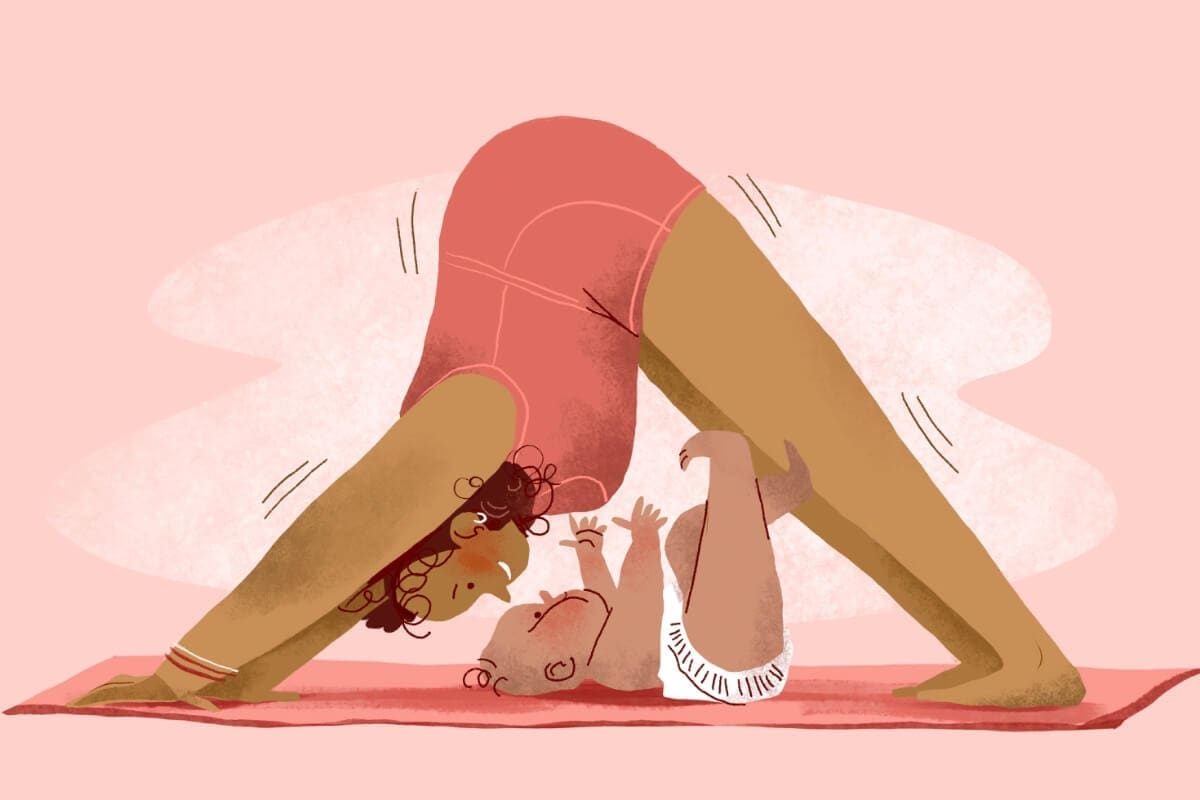
Knee braces are supports to be worn when you have pain in your knee. Some people use them to prevent knee injuries during sports. Braces are made from combinations of metal, foam, plastic, or elastic material and straps. They come in many sizes, colors, and designs.
Some doctors will recommend wearing a brace for knee pain. Other doctors don’t think it’s a good idea. They say it may do more harm than good. Scientific research hasn’t given a clear answer, either. Always check with your doctor to see what will work best for you.
Path to Improved Wellness
There are different kinds of knee braces. Each one is used for different reasons.
Functional braces
These give support to knees that have been injured in the past. Athletes often wear them after a major injury has healed. They stabilize the knee and control motion to prevent another injury.
Rehabilitative braces
These are usually used for a period of weeks right after an injury or surgery. They keep the knee stable but still allow limited movement while it is healing. Some doctors haven’t seen a benefit from these braces and no longer recommend them.
Unloader braces
These are designed to relieve pain in people who have arthritis in their knees. They shift the weight (“unload” it) from the damaged area of the knee to a stronger area.
Prophylactic braces
These are designed to protect knees from injuries during contact sports such as football. They have become popular among athletes. Research has not proven that they work, but studies are ongoing.
Knee sleeves
These are not technically braces, but they are the most common type of knee support. They are designed to provide compression around the knee joint. This helps support the knee, and can control pain and swelling.
How do I get a knee brace?
Your doctor will tell you if you should get a knee brace. He or she can recommend what kind you should get and where you can get it. Simple knee sleeves and supports are usually available in pharmacies or medical supply stores. Some people order knee braces directly from manufacturers or on the internet. Your doctor is a good resource and may know of different places you can get the right brace. He or she can help you choose a brace and get the correct size.
Some knee braces cost hundreds of dollars. Sometimes medical insurance covers them. Just remember, the most expensive brace isn’t always the best one.
How do I use a knee brace?
Knee braces should be used as directed by your doctor. When you wear the brace depends on what kind it is and what it’s treating. Some are worn all the time. Some are only worn during sports, exercise, or physical activity. You should check the placement of the brace during activities to make sure that it hasn’t moved. Poorly positioned braces can do more harm than good.
How do I care for my knee brace?
Knee braces often get damaged during normal use. You should inspect your brace often for wear and tear. Regular cleaning with soap and water is good for the brace fabric. Cover any exposed metal so that it doesn’t scratch or injure you or someone else.
You need the brace to work properly. If your brace is worn out, you should replace it. More durable materials may cost more, but the brace might last longer.
Things to consider
Companies that make knee braces claim that their products work well. Scientific studies have not completely agreed. Some doctors are afraid that knee braces may actually increase the number of knee injuries in athletes. But many people who wear knee braces feel that they help.
Knee braces are the least important part of preventing knee injuries or healing after an injury. Good strength and flexibility are much more important. You should focus on stretching the muscles around your knee, strengthening your leg, and improving your techniques.
Make changes in activity intensity or training schedules little by little, to limit knee stress. Work out an exercise plan with your doctor to get the best program for you. Knee braces help some people more than others. You can use one if you feel it’s helping you. But don’t let a brace become a “crutch.”
Researchers are trying to learn more about how well knee braces really work and when it’s best to use them. Remember, your doctor should determine whether you need a brace.
Questions to ask your doctor
- Do I need a knee brace?
- What kind of knee brace is appropriate for my injury?
- What can I do if the knee brace doesn’t help?
- Are there stretches or exercises I can do to prevent a knee injury?
- Are there stretches or exercises I can do to help my knee heal?
![]()
Copyright © American Academy of Family Physicians
This information provides a general overview and may not apply to everyone. Talk to your family doctor to find out if this information applies to you and to get more information on this subject.











